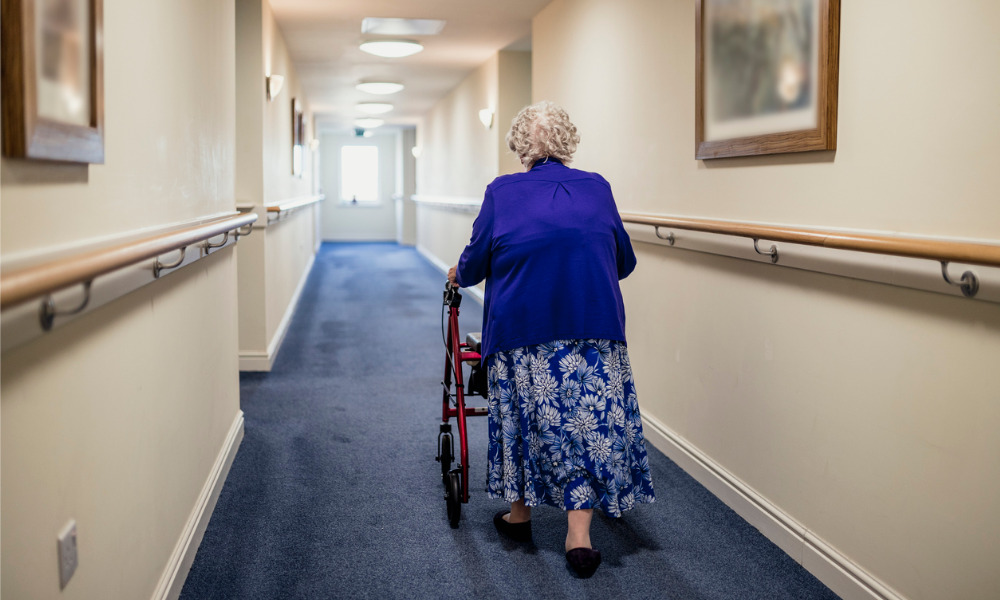Seniors with advanced dementia or mobility issues do not qualify for assisted living, report said

Many seniors in assisted living residences in B.C. seemingly do not meet the legislative requirements for assisted living, according to a new report.
The Canadian Centre for Policy Alternatives, the Hospital Employees’ Union and the B.C. Health Coalition released the report titled The Place of Assisted Living in BC’s Seniors Care System: Assessing the Promise, Reality and Challenges, which concluded that the assisted living sector in B.C. was under-regulated and under-researched. These findings were supported by interviews of care aides and licensed practical nurses.
Under the Community Care and Assisted Living Act, SBC 2002, c 75, seniors residing in assisted living residences should be able to make, on their own behalf, the decisions necessary for them to live safely, should be able to recognize the existence of an emergency, should be able to protect themselves or to follow directions during such an emergency and should not regularly require unscheduled professional health services. The exception is if these seniors are living with someone, like a spouse, who can make these decisions for them.
The interviewees for the report stated that they struggled to meet the needs of numerous residents who apparently did not qualify for assisted living under the Act and yet continued to live on their own in either publicly subsidized or private-pay units. These residents included those with moderate to advanced dementia, conditions requiring palliative care or significant mobility limitations, among other issues.
The report said Canada needs to consider how many residents fall under this category and why these residents have not been transferred to a level of care that can more appropriately address their issues. The report also raised the question of whether boosting staffing levels, increasing access to basic health services and equipment and introducing a shift in the philosophy of care — from a philosophy of “living at risk” to a philosophy of “relational care” — could adequately improve the situation of these residents.
The report urged the B.C.’s Seniors Advocate to conduct a review of the sector that considers feedback from seniors, their families and front-line workers.
“COVID-19 has exposed serious problems in long-term care resulting from two decades of underfunding, privatization and precarious working conditions,” said Jennifer Whiteside, secretary-business manager with the Hospital Employees’ Union. “But these problems are not isolated to long-term care.”










